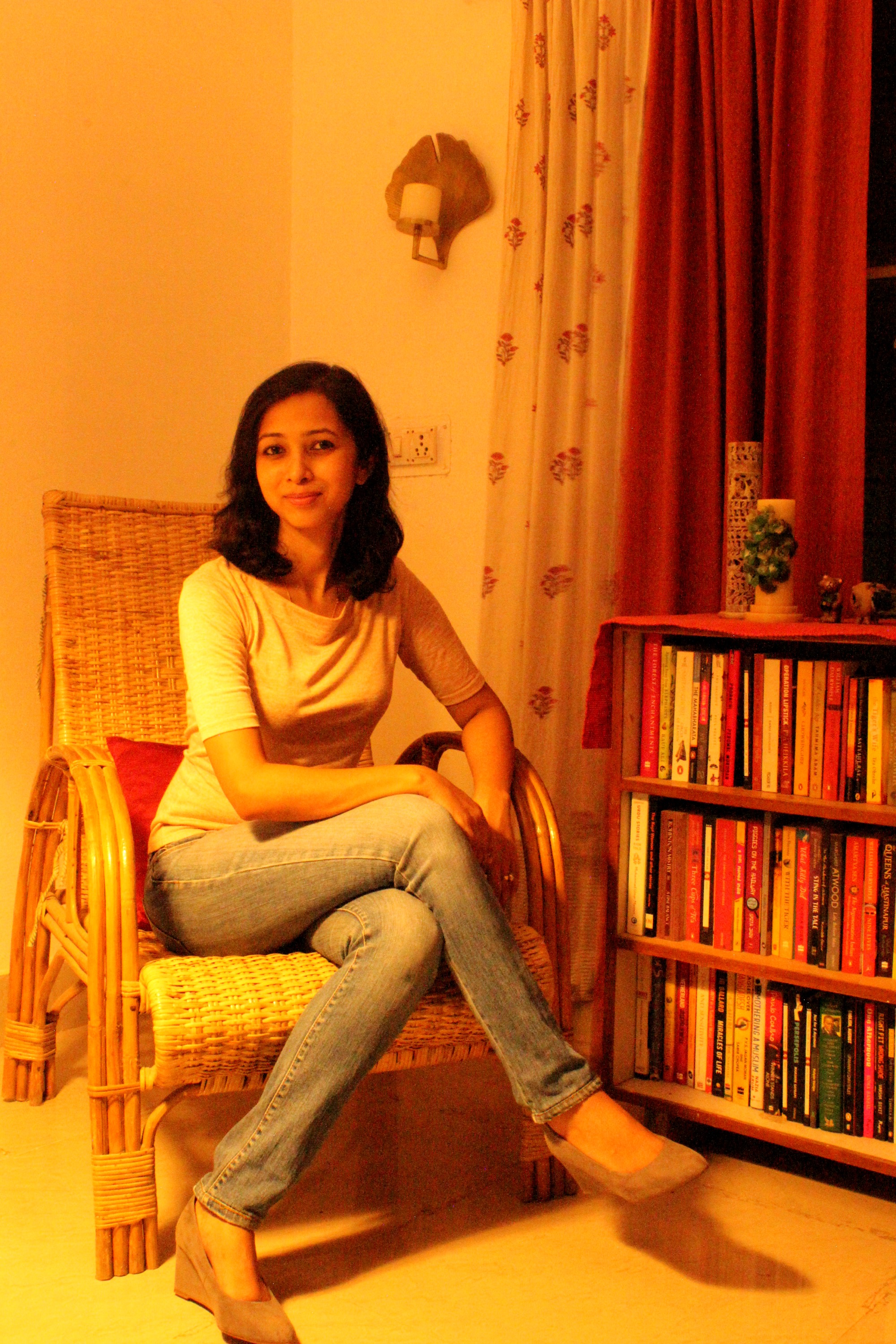Putting NRC in perspective: Assam is not communal, has never been
- Azera Rahman

- Sep 10, 2019
- 3 min read
Updated: Jul 17, 2021
For South Asia Monitor.
For an outsider, the NRC process has come to be perceived as anti-Muslim. This is drawing the line along religious identity—a factor to which the indigenous Assamese Muslim community does not agree, but whose voice has been largely ignored in this massive debate, writes Azera Parveen Rahman for South Asia Monitor

I first became ‘aware’ of my surname when I stepped out of home, in Assam, in northeast India, to pursue my graduation in Delhi University. Among the most repeated comments coming my way was, “You don’t look Muslim.” It always left me short of words for an appropriate response. Even after I started working as a journalist, there were instances when, at the end of an interview, the interviewee would be curious about my surname and respond with a ‘Now, that’s a surprise’ kind of look. Depending on how much time I had in hand, I would then proceed to deliver a capsule course about the syncretic history of Assam, and how I had never seen any woman in my family—mother, grandmother, great-grandmother (in old photographs)—dress or behave in any particular way that was obviously ‘Muslim.’ My 80-year-old grandmother still prefers her off-white ‘mekhela-sador’ with a thin, floral border, as her everyday attire, much like when she worked as a school teacher in a little town in upper Assam.
It has always been difficult for people outside Assam to understand and accept that Assamese Muslims, or Khilonjiya (indigenous) Muslims, have always identified with their ethnic identity more than their religious one.Now, with the National Register of Citizens of India (NRC) debate on in the national and international media and, of course, on social media, this fact has become even more difficult to comprehend.
Somehow, for an outsider, the NRC process has come to be perceived as anti-Muslim. This is drawing the line along religious identity—a factor to which the indigenous Assamese Muslim community does not agree, but whose voice has been largely ignored in this massive debate.
Yes, there have been aberrations in the NRC process—multiple cases have emerged in which families have been split between one or both parents’ names appearing in the final list, released on August 31, but not their children’s, or one child’s name making it through but not the other’s. There have been cases of even prominent Assamese Muslim families, like the nephew of India’s fifth president, Fakhruddin Ali Ahmed, among the 19 lakh people not included in the final NRC list.
But there have also been cases of non-Muslim families facing a similar dilemma. A news report, for instance, highlighted the plight of former government employee, 73-year-old Sabimal Biswas, whose name was left out of the list. One of his two daughters’ names featured in the list, but the rest did not. Obviously, there have been loopholes in the process and several questions are being raised, each of which must be addressed urgently and in a fair manner instead of giving the entire process a communal colour. The tendency to politicise the situation has been very high—within the state, outside the state, and even outside the country. Political leaders do what they do best—politicise every sensitive issue.
Hardly would you hear any political mouthpiece mention what Assam has been referred to often: Sankardev-Azaan’or Dekh—the land of Srimanta Sankardev and Azaan Fakir, the two religious and cultural saints of medieval Assam. Srimanta Sankardev inspired the Bhakti movement, while Azaan Fakir established Sufi Islam. The syncretic tradition of Assam has a deep foundation of mutual respect and brotherhood that finds many examples in history. Like how a Muslim commander of the great Ahom general, Lachit Borphukon, was conferred the title ‘Bagh Hazarika’ (Tiger commanding a thousand soldiers) after he helped to defeat the Mughal army in the historic battle of Saraighat. The commander was Ismail Siddiqui.
On the social media, Shaheen Ahmed, a PhD scholar who is also an Assamese, recently shared a letter dated 1943 by the head priest or Satradhikar of Garamurh Satra in Majuli (Assam). Translated, it read, “...It is a big sin to speak ill of truth, hence Hinduism forbade us from speaking ill of other religion. After I read Maulana Tayabullah’s Assamese translation of the Quran, I understand the similarities between Islam and Sankardev’s Vaishnavism. Both religions worship one deity; only one God exists . . . I am elated that the main tenets of Islam speak the same as the Vedas.” The Satradhikar, the writer mentions, was imprisoned with Md Tayabullah, a renowned freedom fighter and a meeting of the two led to the former writing the letter and drawing comparisons.
To connect these pieces of history to the present context, the recent spate of allegations that the atmosphere in Assam is communal is far from the truth and history bears testimony to this fact. Yes, the NRC process has had its aberrations, but its end aim—of protecting the rights of the indigenous community—has the community in its favour.




Comments